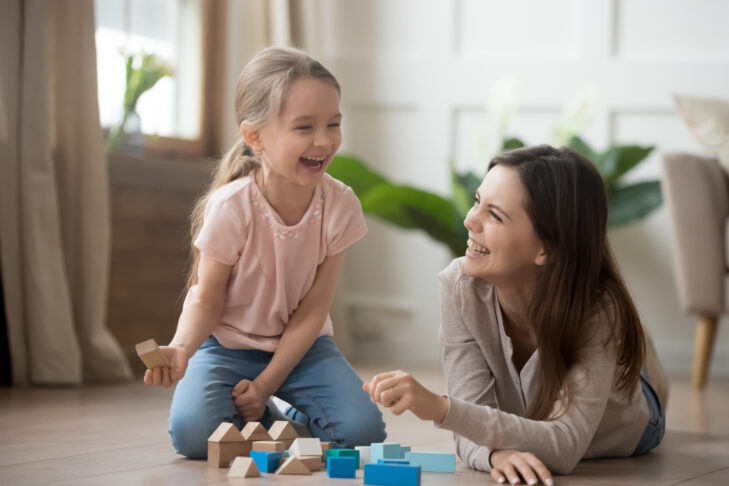What is your favorite memory of play from childhood? Were you riding a bicycle with the free-flying feeling of independence (aka wind in your face)? Were you surrounded by your favorite toys and left to your own devices? Were you with others, perhaps scheming to do something otherwise prohibited? Chances are it involved a sense of freedom, wonder and carefree exhilaration.
Play is the manifestation of children’s freedom to act upon the world around them, and in doing so discover their part in that world. Play is essential to development as it is the means through which children practice new skills, make mistakes and take risks.
Related
The essential quality of play that deepens its impact is freedom—freedom to explore, make mistakes and experience success. Our role in children’s lives is to make space for play, to create opportunities to question, to explore, to risk.
It is no mystery, then, that on Passover, when we undertake the telling of perhaps our greatest story—when we are released from slavery and enter into a life of freedom—we demand that the youngest child be handed the responsibility, and the honor, of launching the telling of that story. And we do that by having them ask questions.
Judaism expects us to question. To challenge assumptions. To not take for granted what is before us. One must discover and create one’s own connection to the world and to Judaism. We can’t do that if we don’t question and if we don’t take risks. We want our children to be ready to take on the responsibility of freedom. And the courage to take risks, the inspiration to ask questions, the desire to be free, is developed in childhood—through play.
Amy Bolotin is the director of JCC Early Learning Center and JCC Greater Boston Teaching and Learning.
JArts commissioned The Shape of Play, a freedom and play themed sound and sculpture installation by artist Sari Carel, which was originally scheduled to be installed in early May. Given the constantly evolving state of the coronavirus, the installation has been delayed. However, conversations about the role of freedom and play in our lives as portrayed by the project are more timely and important than ever. We have taken elements of this project and digitized them to share with you and invite you to spark your own freedom conversations.
We wish you good health and comfort in these challenging times.
This post has been contributed by a third party. The opinions, facts and any media content are presented solely by the author, and JewishBoston assumes no responsibility for them. Want to add your voice to the conversation? Publish your own post here. MORE



